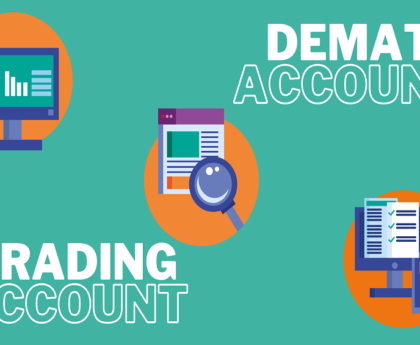When you use a money transfer service, the currency of your country must be converted into that of the destination country. That’s when an exchange rate becomes applicable. Before you send money from the USA to India, you must be well aware of how the exchange rate works. Scroll through this article to learn more about exchange rates applicable to money transfers.
Understanding Exchange Rate
The exchange rate refers to the value of one currency in another. For instance, it refers to the value of one rupee in dollars. Apart from international money transfers, you will also have to bear an exchange fee while going on an overseas tour.
The foreign exchange market, or the forex (FX) market, is the place where the currency of one country is exchanged for international trade. The global marketplace focuses on price quotes called currency pairs to draw a comparison between different currencies. Since the foreign exchange market is the hub of currency conversion, it has a huge role in establishing the exchange rates.
Economic Factors Affecting Exchange Rates
The exchange rate in the forex market changes multiple times a day. But what factors influence the exchange rate? Find out below:
1. Interest Rate
The interest rate in the economic market largely influences inflation and foreign exchange rates. Central banks often manipulate interest rates to change the exchange rates. A high-interest rate increases the exchange rate because it attracts foreign investors and guarantees good returns to lenders.
2. Balance of Trade
The balance of trade is determined by a nation’s imports and exports. When a country exports more than it imports, the demand for its goods rises. It will increase the demand for the currency. But if the currency is not circulated enough, its value and exchange rate will rise up.
Any country that imports more than it exports faces the opposite situation. Since the exports aren’t high, the demand for that currency is low. Therefore, the exchange rate will also be low.
3. Government Debt
The size of the government debt of a nation also influences its exchange rate. If a nation has a huge debt from foreign investors, the exchange rate will be lower. Less debt will attract more investors and lead to an increase in the exchange rate.
4. Political and Economic Stability
Politics and the economic stability have a huge influence on a nation’s economy. Major events influencing the political or economic environment of a country will repel foreign investors. But stable economic and political conditions will drive the demand for a currency and increase its exchange rate.
How Does Exchange Rate Influence Remittances
Exchange rates have a significant impact on remittances, affecting both the sender and the recipient. Fluctuations in exchange rates can directly influence the value of remittances, as the conversion from the sender’s foreign currency to the recipient’s local currency is determined by the prevailing exchange rate.
A favourable exchange rate can increase the amount of local currency received, providing the recipient with greater purchasing power. On the other hand, an unfavourable exchange rate can reduce the value of remittances. It is crucial for both senders and recipients to monitor exchange rates and consider timing their transactions to maximize the value of remittances.
If you’re sending money from the USA to India and are looking for money transfer services that will offer favourable exchange rates, then you must consider ICICI Bank’s Money2India remittance service. With competitive exchange rates, low transfer fees, and highly secured transactions, Money2India is an excellent choice for anyone looking to transfer funds from the USA to India.





